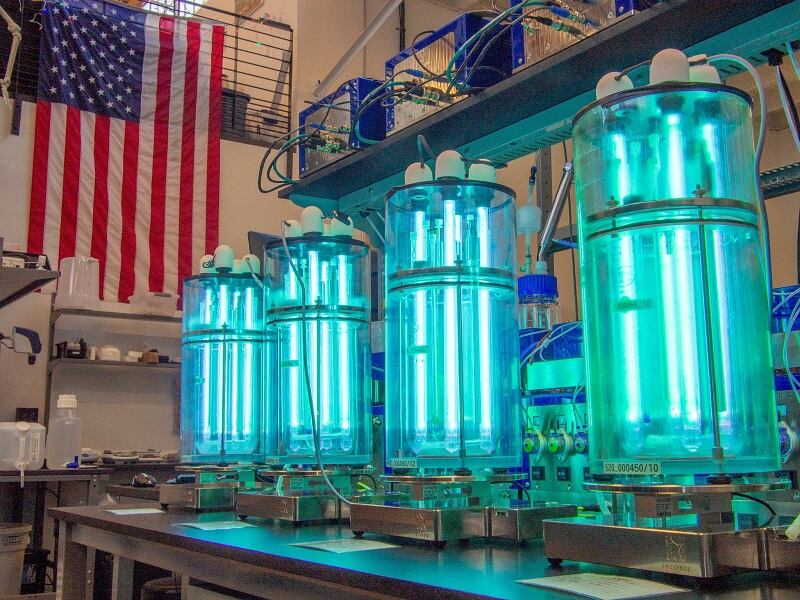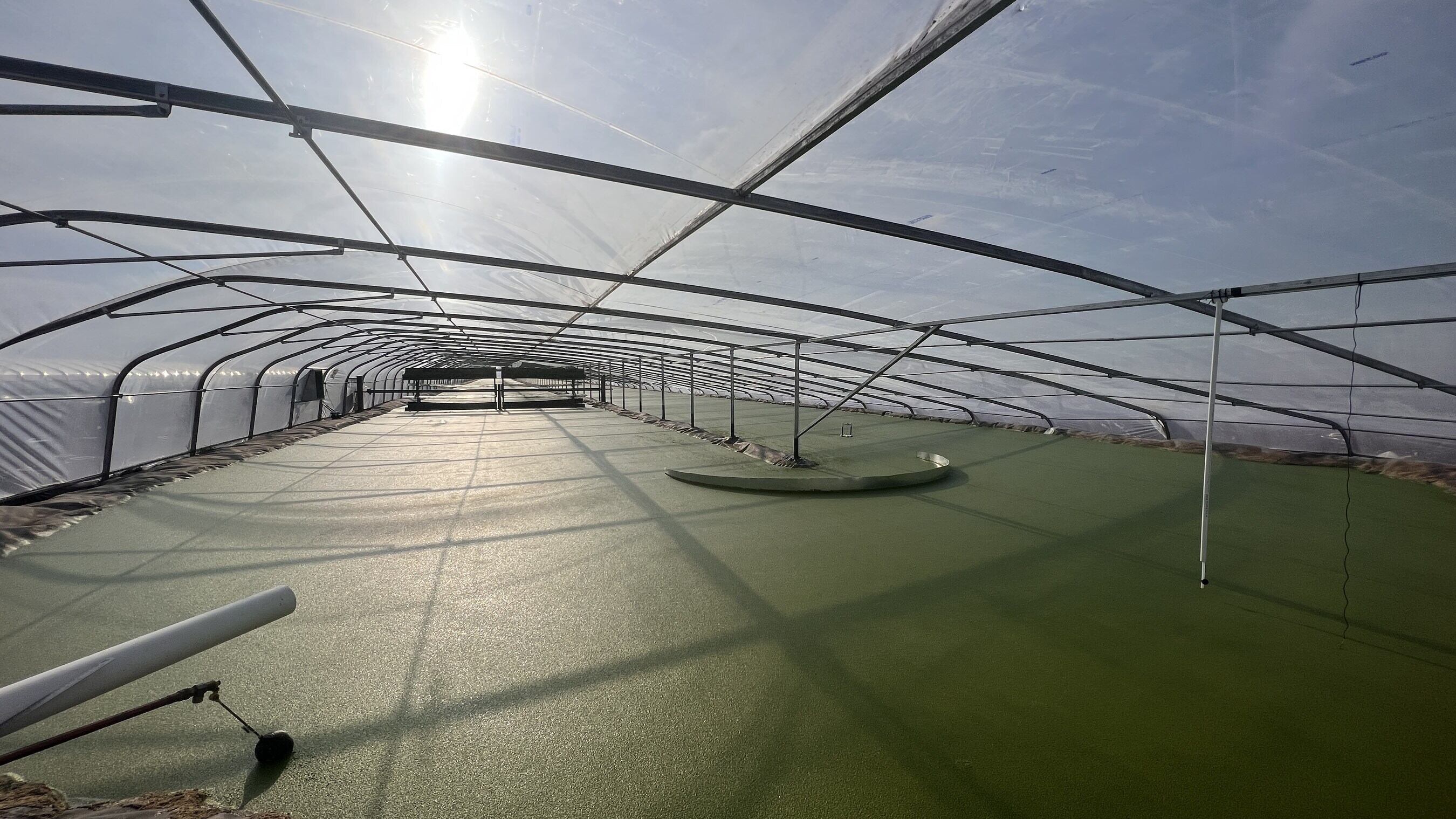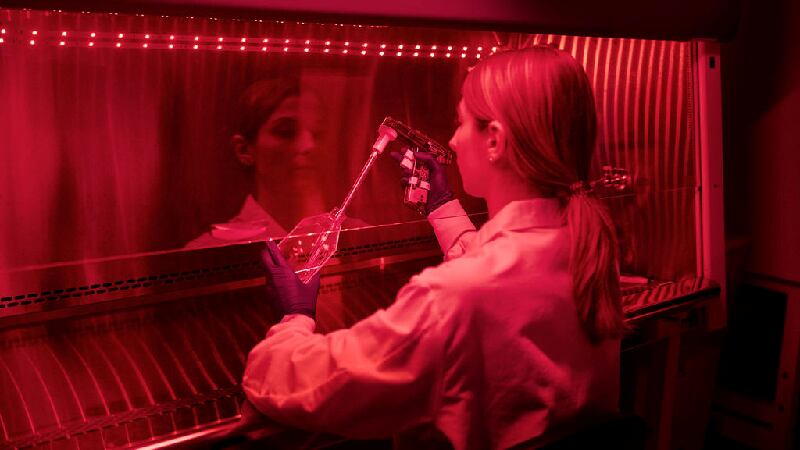Startup Biosphere’s technology demonstrates the potential of UV sterilization for biomanufacturing, allowing biotech companies to replace costly infrastructure and improve scalability.
Founded in 2022, Biosphere is the brainchild of scientist and engineer Heligman and venture capitalist Arye Lipma. The company is disrupting the “steam-in-place” approach of sterilizing bioreactors, a process where bioreactors are filled with steam and raised to 121° Celsius to sterilize the tank, explained Heligman.
Heligman’s interest in the biotech space was born out of his engineering research on lithium-ion batteries in electric vehicles during his time at The University of Texas at Austin.
Heligman partnered with Lipma — who previously invested in bio-pharmacy companies — to address the need to reduce biomanufacturing capital expenditures, which impedes scalability.
“There were a lot of companies doing innovation on genetic engineering, on product formulation and developments and a lot of people looking at how they could scale production of these innovative products. But the capital intensity was a real challenge,” Heligman said.
Developing a new way to sterilize fermenters
Currently operating at the benchtop scale, Biosphere’s technology already attracted the interest of several venture capital firms and the U.S. government.
Biosphere raised $8.8 million in seed funding, led by Lowercarbon Capital & VXI Capital and support from B37 Ventures, Caffeinated Capital, Founders Fund and GS Futures. Additionally, Biosphere has a $1.5 million contract with the U.S. Department of Defense to scale up bioproduction in areas of strategic interest for the country.
Future Food-Tech San Francisco discusses scaling biotech
The Future Food-Tech event in San Francisco, which takes place on March 13-14, will dive deeper into the topic of scaling biotech, during the "Building Bioreactors & Beyond: Next Level Technologies Carving a New Route to Scale" session. View the entire event program here and register here.
Biosphere spent the first two years in stealth “developing a robust system that could consistently deliver sterility in operational environments,” Heligman said. The biotech company “actually filed a patent before originally developing the approach,” he added.
Biosphere grabbed the “low-hanging fruit on the manufacturing side” and wanted to improve biomanufacturing, instead of trying to be an end-to-end biotech company, Heligman said.
Many biomanufacturing processes — like in producing riboflavin and enzymes — require an aseptic environment for each batch, since byproducts from previous batches can affect the manufacturing process, Heligman explained.
“UV is effective at sterilizing clean nonporous surfaces, and bioreactors are mostly clean nonporous surfaces. The hard part that people said was, “How do you distribute the light to all of the different surfaces?’ But we saw that as squarely an engineering challenge rather than a huge scientific problem — designing a reactor where light hits all the surfaces,” Heligman said.
Next step: Scaling from benchtop to pilot plant
Now, Biosphere is in a similar situation as other biotech companies and is working to scale its technology to a pilot-plant level. Biosphere is testing its technology at the 100-to-2,000-liter scale, which is the typical benchmark for a pilot facility, Heligman said.
“As we continue to scale up, different business models become accessible. You can look at large-scale reactor sales. You can continue to offer contract fermentation services. But the first thing we need to do is get processes in our reactor and show that it consistently works in production environments,” Heligman elaborated.





